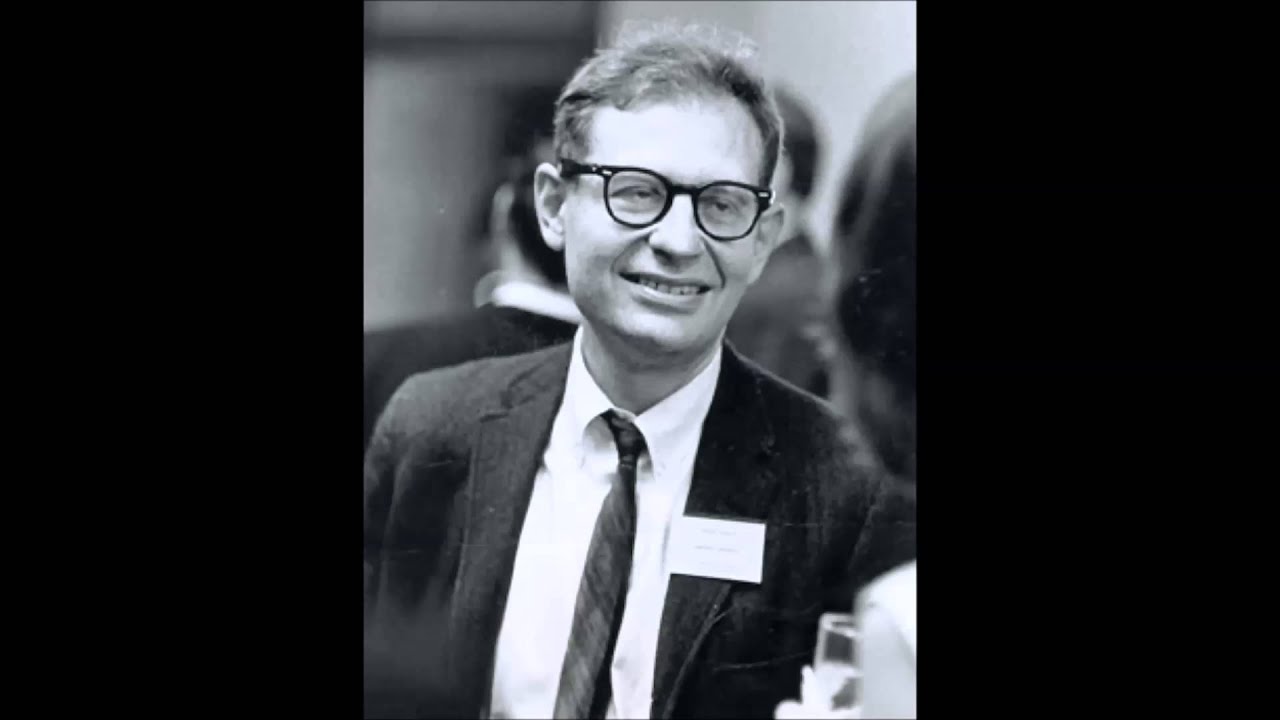Engineering Ethics – Section 5
Lawrence Kohlberg was an educator at Harvard University during the mid 1970s and was popular for his chips away at formative brain science. He directed numerous examinations at Harvard’s Center for Moral Development and proposed a hypothesis on good improvement which is famously known as Kohlberg’s hypothesis.
His hypothesis of good improvement was reliant on the thinking about the Swiss clinician Jean Piaget and the American logician John Dewey. He was likewise enlivened by James Mark Baldwin. These men had accentuated that individuals grow logically and mentally in a dynamic manner.
Lawrence Kohlberg’s Theory
Kohlberg suggested that individuals progress in good thinking dependent on their moral conduct. He hypothesized this hypothesis dependent on the considering more youthful kids all through their developing period as grown-ups. He passed on that more youthful kids make judgment dependent on the outcomes that may happen and the more seasoned youngsters make judgment dependent on their instincts.
He accepted that there are six phases of good advancement which are additionally arranged into three levels. The accompanying outline demonstrates the various levels.
Lawrence Kohlberg’s Theory
The procedure being examined here is about the judgment made by the scholar about the hero in a given circumstance. The means of the reasoning procedure demonstrate the ethical improvement of the scholar.
Pre-ordinary Level
This can be comprehended as the principal level of good reasoning, which is commonly found at Elementary school level. The scholar at this stage will in general think and carry on dependent on the immediate outcomes that may happen. There are two sub-organizes in this.
Pre-regular Level
Maintain a strategic distance from Punishments
A scholar at this stage for the most part thinks and accepts that the judgment are to be made according to the socially worthy standards as they are said so by some higher authority (an educator or a parent). This is a youngster like compliance, so as to keep away from disciplines.
These musings depend on the possibility that the hero ought not resist the law or guidelines.
Personal responsibility
A mastermind at this stage, indicates enthusiasm for settling on choices as per the prizes they get in return. This subsequent stage is described by a view that correct conduct means acting in one’s very own eventual benefits.
In this stage, they will in general observe the principles of power since they accept this is important to guarantee positive connections and cultural request.
Regular Level
This can be comprehended as the second degree of good reasoning, which is commonly found at the essential and secondary school level. The scholar at this stage will in general think and carry on dependent on the need to satisfy others. There are two sub-arranges in this.
Customary Level
Getting individuals to like them
At this stage, the thoughts of the general public are considered. This level can be that where the hero carries on because of the ethical grounds which individuals choose for basic leadership. This choice could possibly bolster the law. Whatever the outcome is, the reasoning procedure depends on the best way to intrigue others or society and on the most proficient method to satisfy the individuals around.
Keep up working in the public arena
A scholar at this stage, considers to adhere to the standards to benefit the general public. The ethical grounds on how individuals in the general public will consider the activity done will be the need, in light of the fact that the scholar accepts that a social request is kept up by keeping the principles.
Consequently a mastermind adheres to the possibility that the hero ought to pursue the virtues. The mastermind’s conduct is driven by the position while his speculation complies with the social request.
Post-Conventional Level
This can be comprehended as the third degree of Moral reasoning, which is by and large found after the secondary school level. The scholar at this stage will in general think and act dependent on a feeling of equity. There are two sub-arranges in this.
Post-Conventional Level
Reject unbending nature of laws
In this level, the mastermind utilizes his ethical speculation aptitudes at an estimable pace. He begins to feel for the hero dependent on good grounds. He likewise may have a sentiment that the standards must be changed by compassionate qualities. The mastermind rejects the inflexibility of the current laws and standards at this stage.
Feeling of equity
This is the zenith phase of Moral improvement where the scholar feels a feeling of equity for the hero. The scholar has incredible virtues that he keeps himself free from the outer variables that may impact his reasoning procedure.
These are the three primary segments of good improvement proposed by Lawrence Kohlberg. Give us now a chance to attempt to have some itemized thought on this with a model.

